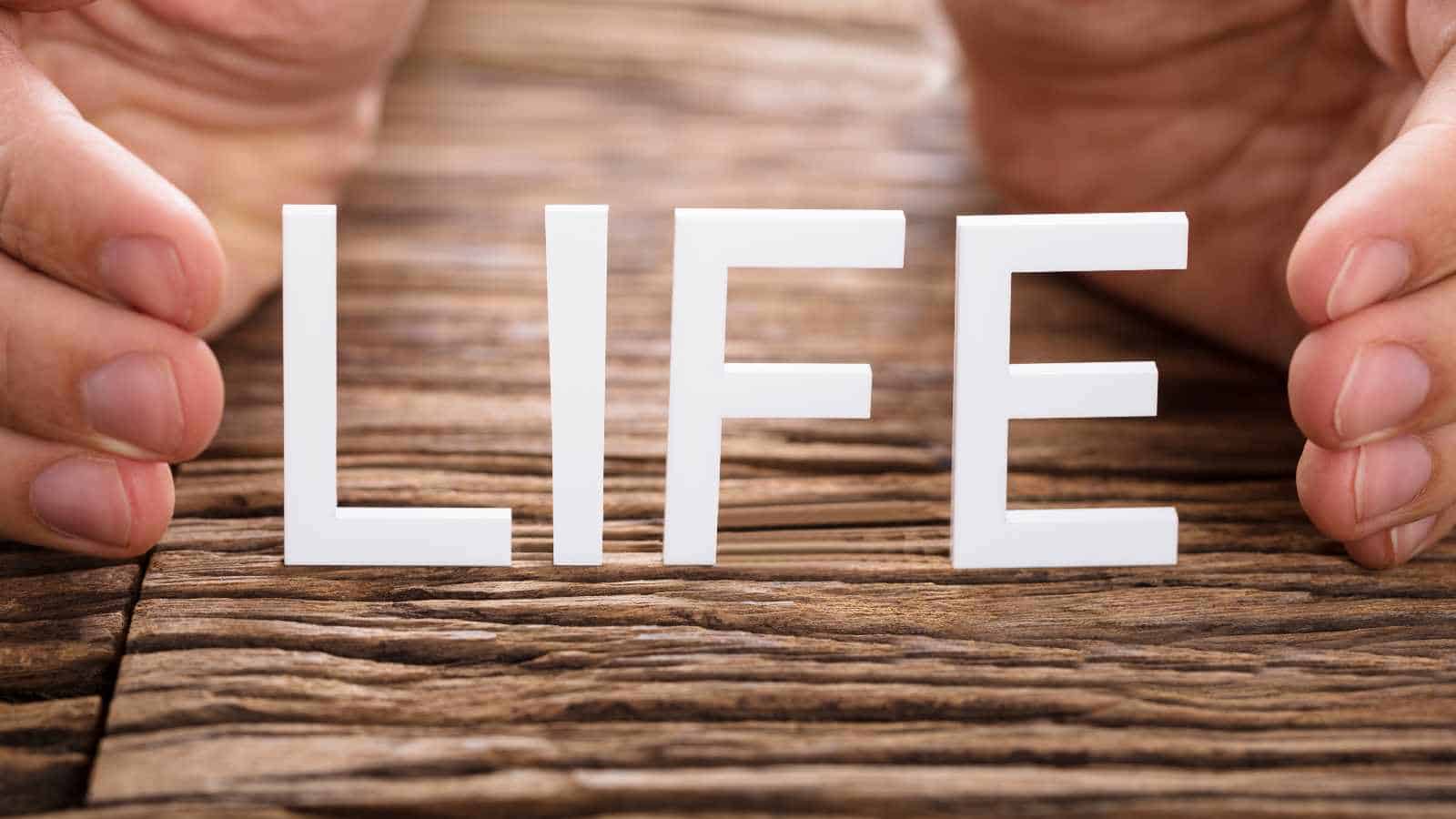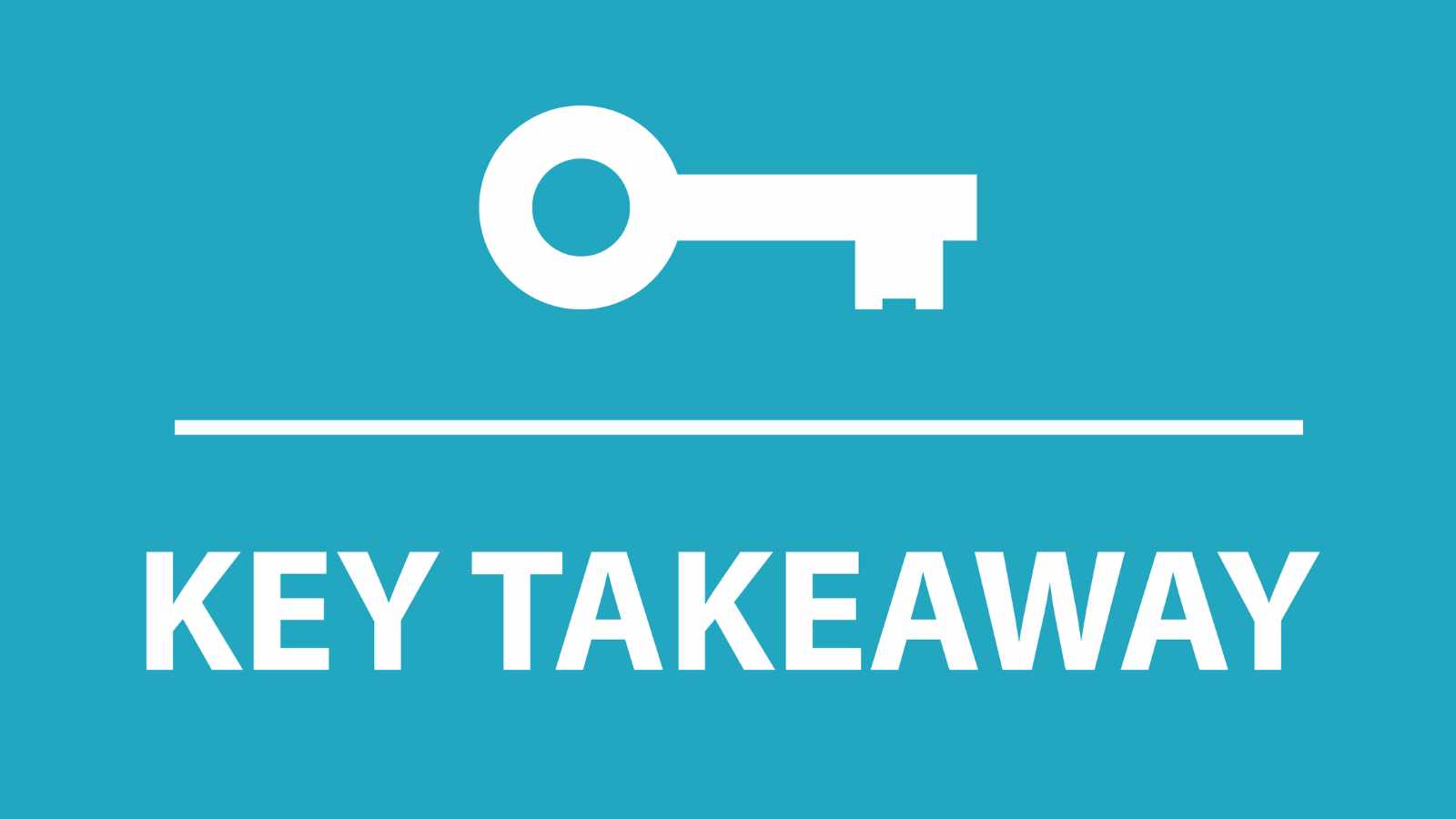11 reasons people tend to cut everyone off as they get older
Ever look at your phone and just… not want to answer anyone?
It feels like the older we get, the smaller our circle becomes, and the more we just want to be left alone. It’s not just a feeling; it’s a measurable trend. A May 2021 American Perspectives Survey found that Americans report having fewer close friendships than they once did.
But why? Are we all just getting grumpier?
Not really. It’s often a deliberate, healthy shift. We’re not just losing friends; we’re actively pruning our social circles. It’s a move toward sanity, and honestly, it’s pretty smart.
Let’s get into the real reasons why your social life looks different now.
They’re following a known psychological script

This is the biggest reason, and it has a name: Socioemotional Selectivity Theory (SST).
Dr. Laura Carstensen at Stanford University is the expert here. Her research shows that as our time horizon shrinks (aka, we realize we don’t have forever), our goals change.
We shift from “gathering information” (meeting tons of new people) to “emotional regulation” (feeling good right now).
It means we’d rather have one deep chat with a best friend than a loud party with 50 acquaintances.
The ‘social battery’ runs out way faster

Remember staying out all night in your 20s? Yeah, me neither.
As we age, our physical and mental energy levels just… dip. Socializing, especially with new people or in loud settings, is work.
Interactions that require a lot of self-control (like faking a smile at a boring work event) are incredibly draining.
We just don’t have the energy to waste on “meh” hangouts anymore. The couch is too comfy for that.
Their tolerance for drama hits absolute zero

The “BS detector” gets incredibly fine-tuned with age.
We’ve seen this movie before. We know how petty drama starts, how it escalates, and exactly how it ends (badly).
We simply choose not to buy a ticket.
Quality has officially replaced quantity

In our 20s, friendship was a numbers game. A study published in the Royal Society Open Science found that our social networks actually peak around age 25.
After that, the decline begins. But it’s not a failure.
It’s a re-prioritization. We’re swapping a wide, shallow network for one that’s small but deep.
One great friend who will show up at 2 a.m. is worth 100 “happy birthday” texts on Facebook.
Life just… gets in the way

This isn’t always a dramatic “cutting off.” Sometimes it’s just a slow, quiet fade.
People move for jobs. Kids and grandkids take up every spare second. We get into new hobbies that our old friends don’t share.
The Survey Center on American Life found that 59% of Americans have a “best friend”; however, a significant portion sees them very rarely.
Circumstances change, and it takes real effort to maintain bonds that are no longer convenient.
They are protecting their peace (and health)

Chronic stress is no joke, and bad relationships are a huge source of it.
We’re not just being “sensitive.”A study from Ohio State University found that abrasive arguments between husbands and wives — married an average of 42 years — were linked to a weakening of certain aspects of their immune responses. We literally get sick from stress.
Cutting off a toxic person isn’t just emotional; it’s an act of physical self-preservation.
They realize their values don’t align anymore

That friend you used to party with? You might not have anything in common with them now.
People grow and change. Your priorities might be financial stability, health, or family. Their priorities might be… not that.
When your core values diverge, the friendship often just dissolves.
There’s nothing left to connect over, and forcing it just feels fake.
They’ve been burned a few too many times

A few bad betrayals can make you very, very cautious.
By the time you’re in your 40s or 50s, you’ve probably collected a few scars from friendships or relationships that ended badly.
We learn to spot red flags sooner. We see the subtle signs of a user or a gossip.
It’s not that we’re closed off; we’re just building a better, more secure perimeter.
They’re part of the ‘loneliness epidemic’

This one is a bit of a chicken-and-egg problem.
An AARP report noted that about 1 in 3 adults aged 45 and older feel lonely. Sometimes, people cut us off first. Maybe they got busy or moved away. That isolation can make us more hesitant to reach out to new people, fearing rejection.
It can create a cycle of isolation that’s hard to break.
Family (finally) comes first

For decades, work and social climbing might have been the priority.
As people enter their 50s and 60s, there’s often a powerful pivot back to family. Time with grandkids, caring for aging parents, or reconnecting with a spouse becomes paramount.
There are only 24 hours in a day. “Going out” just falls to the bottom of the list.
They just… don’t need the validation

So much of our early socializing is about fitting in and being “seen.”
We went to the party to prove we were invited. We hung out with “cool” people to feel cool by association. With age and confidence, that need evaporates.
We’re comfortable enough with ourselves that we don’t need a crowd to feel whole. A quiet night in is a reward, not a sign of failure.
Key Takeaway

Getting older doesn’t mean becoming an unfriendly recluse.
It means we’re trading a crowded social life for a meaningful one. We stop collecting connections and start cultivating them.
We’re “social pruning”—trimming the branches that don’t bear fruit to let the ones that do grow stronger. It’s not about cutting people off; it’s about holding on to the right ones.
Disclosure line: This article was developed with the assistance of AI and was subsequently reviewed, revised, and approved by our editorial team.
14 Boomer Habits That Are Making a Comeback

14 Boomer Habits That Are Making a Comeback
As trends in lifestyle and culture ebb and flow, certain habits from previous generations resurface, influencing new generations in unexpected ways. The boomer generation is now seeing many of its beloved practices and preferences re-emerge, often taking on a modern twist that appeals to today’s youth.
These 14 resurgent boomer habits reflect nostalgia and a growing appreciation for simplicity and authenticity in an increasingly changing world.
The 15 Things Women Only Do With the Men They Love

The 15 Things Women Only Do With the Men They Love
Love is a complex, beautiful emotion that inspires profound behaviors. We express our love in various ways, some universal, while others are unique to each individual. Among these expressions, there are specific actions women often reserve for the men they deeply love.
This piece explores 15 unique gestures women make when they’re in love. From tiny, almost invisible actions to grand declarations, each tells a story of deep affection and unwavering commitment. Read on to discover these 15 things women only do with the men they love.






